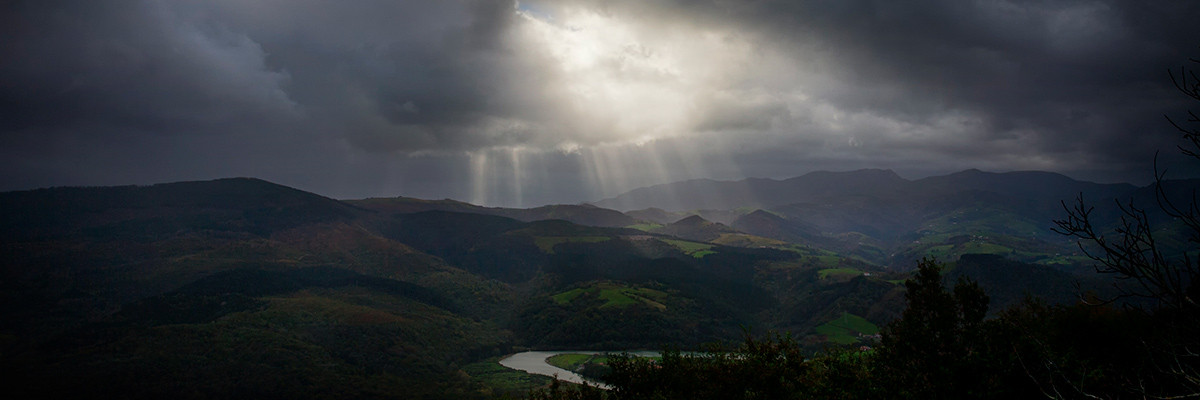
Authors
-
Samantha Harris
Former Associate Director, BSR
As we prepare to mark International Human Rights Day on December 10, it is now more apparent than ever that we cannot ignore the interface between climate change and human rights, especially as it relates to women.
Climate change magnifies gender inequalities. Underlying social, economic, cultural, and political factors increase the vulnerability of women and decrease their ability to respond to disasters. Women still face fundamental challenges, such as access to financial and land resources, education, and training. This includes basic skills required in disaster risk response, such as swimming, or basic services, such as access to power in their homes.
Studies show that women are 14 times more likely to die in a natural disaster and are less able to adapt to physical hazards like extreme weather events, flooding, drought, and changes in disease vectors. This rings true in both developed and developing countries alike. For example, a 1991 cyclone in Bangladesh resulted in nearly 150,000 fatalities, 90 percent of whom were women, and during Hurricane Katrina, the majority of those trapped from extreme flooding were African-American women and children.
Women, however vulnerable, are powerful agents of change and should therefore be given the chance to share their unique experiences, skills, and knowledge. Just as one example, take women’s significant role in agriculture and food: Women produce the majority of the world’s staple crops, are the primary food providers for the rural poor, and produce 60-80 percent of the food in developing countries. Climate change will only make it more difficult to grow crops, and, therefore, developing holistic climate resilience strategies that include women’s empowerment would ensure better food security across the globe.
Companies can have a role in building women’s resilience in their operations, supply chains, and the local communities in which they operate. For instance:
- Companies in the financial services sector can provide greater access to financial capital to women in vulnerable communities so they are more able to prepare for and respond to climate-related events.
- Companies in the information and communications technology sector and the food, beverage, and agriculture sector can help ensure that climate-related data is transferred through mobile networks to help women farmers plan for and respond to climate disasters and know when to sow or reap their crops.
- Companies across sectors can provide education and trainings to women to directly increase their skills and knowledge to respond to climate-related events, such as disaster risk-reduction training, or to indirectly increase their overall resilience, such as finance or health training.
- Companies across sectors can also organize women’s community groups, which strengthen relationships, networks, and bonds of mutual support to respond to climate-related events.
BSR works with companies to empower women in the face of climate change in several ways. In just a few months, we will launch our Resilience and Adaptation Initiative, which provides a platform for companies to collaborate and craft strategies on climate resilience issues, including a focus on women and vulnerable communities. Companies can also join HERproject for a more holistic approach to women’s rights and resilience by tackling health and hygiene issues and helping women access basic financial education. Finally, companies can work one-on-one with our human rights and climate change experts to craft tailored strategies.
Eleanor Roosevelt said, "A woman is like a teabag—you never know how strong she is until she gets in hot water." In this spirit, let us work together to ensure that the private sector champions human rights and helps open doors so that women everywhere are given the chance to show their unique strength and contribute to global resilience.
Let’s talk about how BSR can help you to transform your business and achieve your sustainability goals.